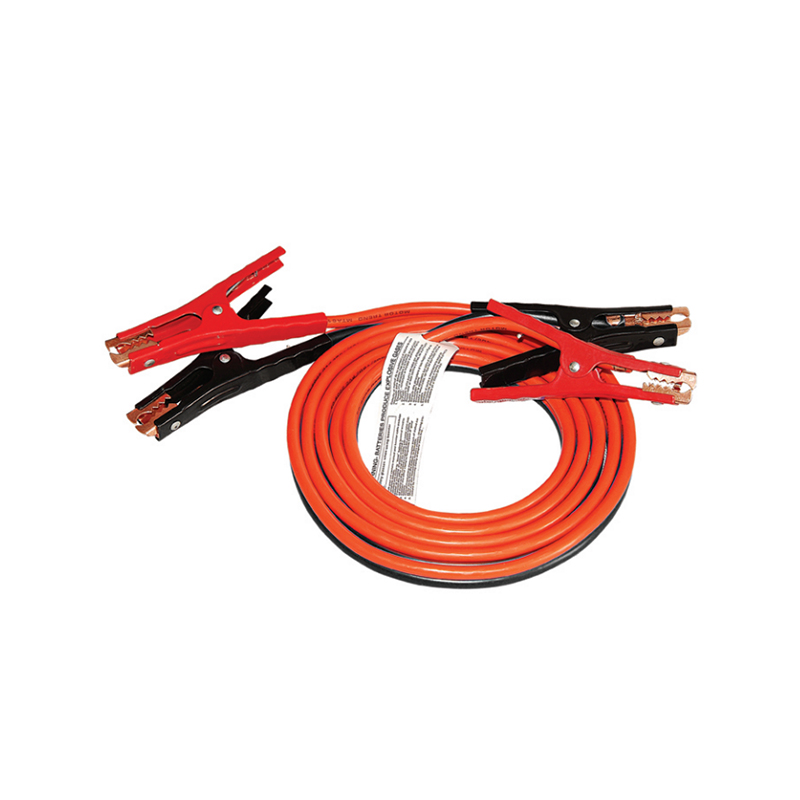What materials are commonly used in the construction of jumper cables to optimize electrical conductivity?
Jumper cables are typically constructed using materials that optimize electrical conductivity and durability. The primary materials commonly used include:
Copper: Copper is widely regarded for its excellent electrical conductivity, making it the most common material for the conductors (wires) inside jumper cables. The high conductivity of copper ensures efficient transfer of electrical current between the vehicle batteries or other power sources.
Aluminum: In some cases, aluminum may be used as an alternative to copper, especially in lighter-duty or budget-oriented jumper cables. While aluminum has lower conductivity than copper, it can still provide sufficient performance for many applications.

Copper Clad Aluminum (CCA): CCA cables are constructed with an aluminum core that is coated with a layer of copper. This construction combines the lightweight nature of aluminum with the superior conductivity of copper, albeit at a lower overall cost compared to pure copper cables.
Copper Alloy: Some high-performance jumper cables may use copper alloys, such as brass or bronze, which offer good conductivity while providing additional strength and durability benefits compared to pure copper.
Insulation Materials: While not directly related to electrical conductivity, the insulation materials surrounding the conductors in jumper cables are crucial for safety and durability. Common insulation materials include PVC (Polyvinyl chloride) and rubber, which protect the conductors from physical damage and environmental factors.
Copper is the preferred material for optimizing electrical conductivity in jumper cables due to its high conductivity properties. However, aluminum and copper clad aluminum are also used in applications where weight and cost considerations are important, though they typically offer slightly lower conductivity than pure copper.

 English
English 中文简体
中文简体












